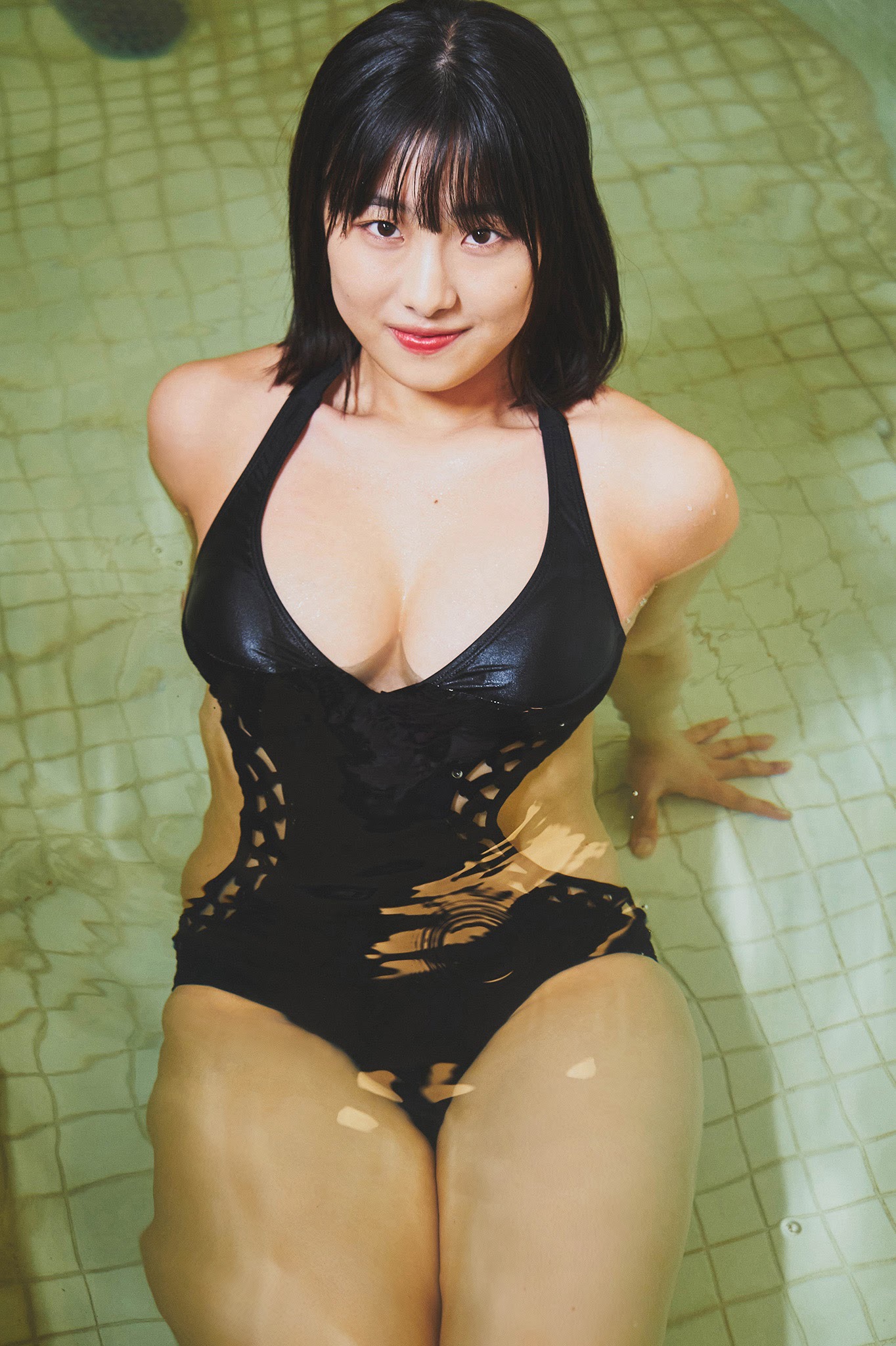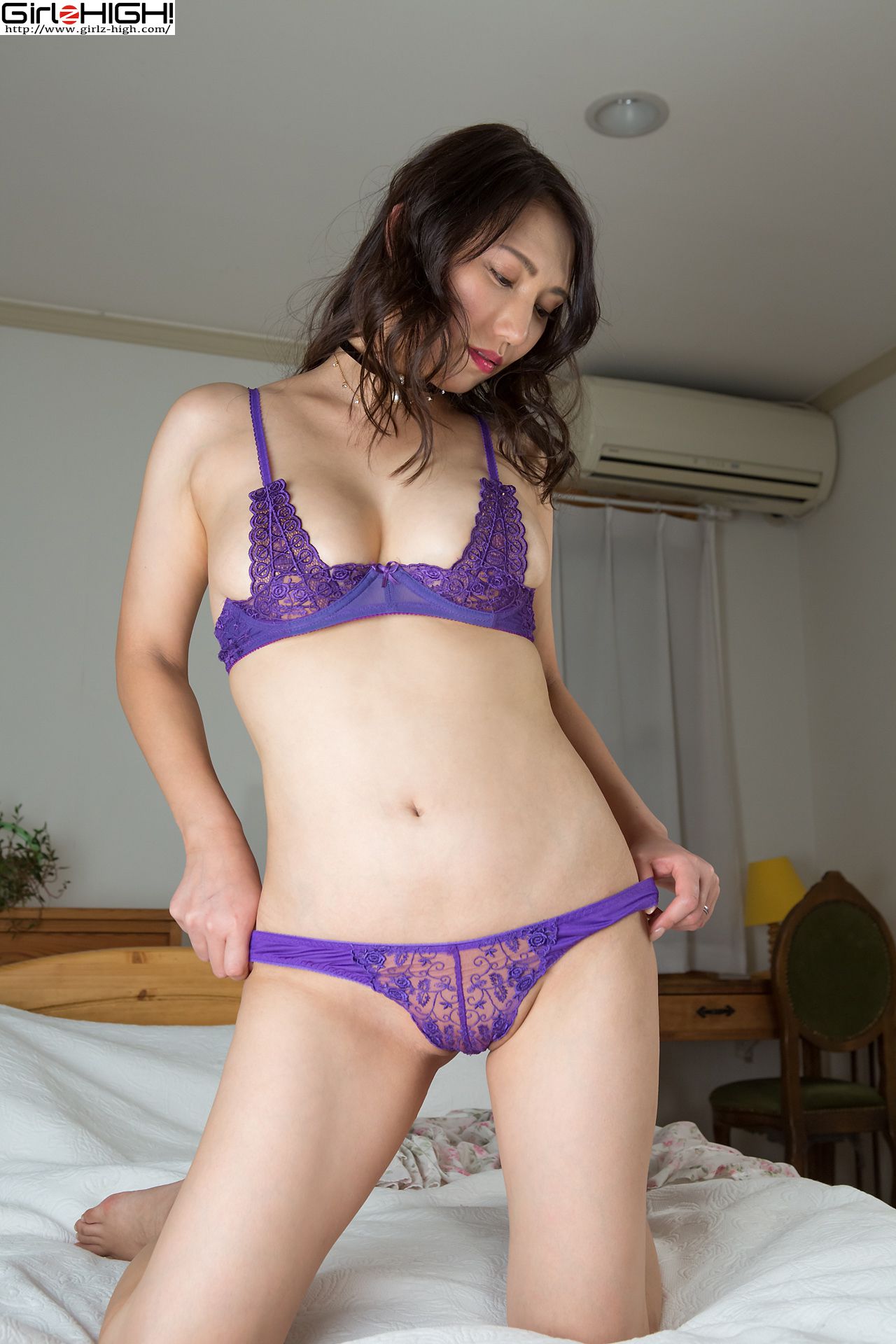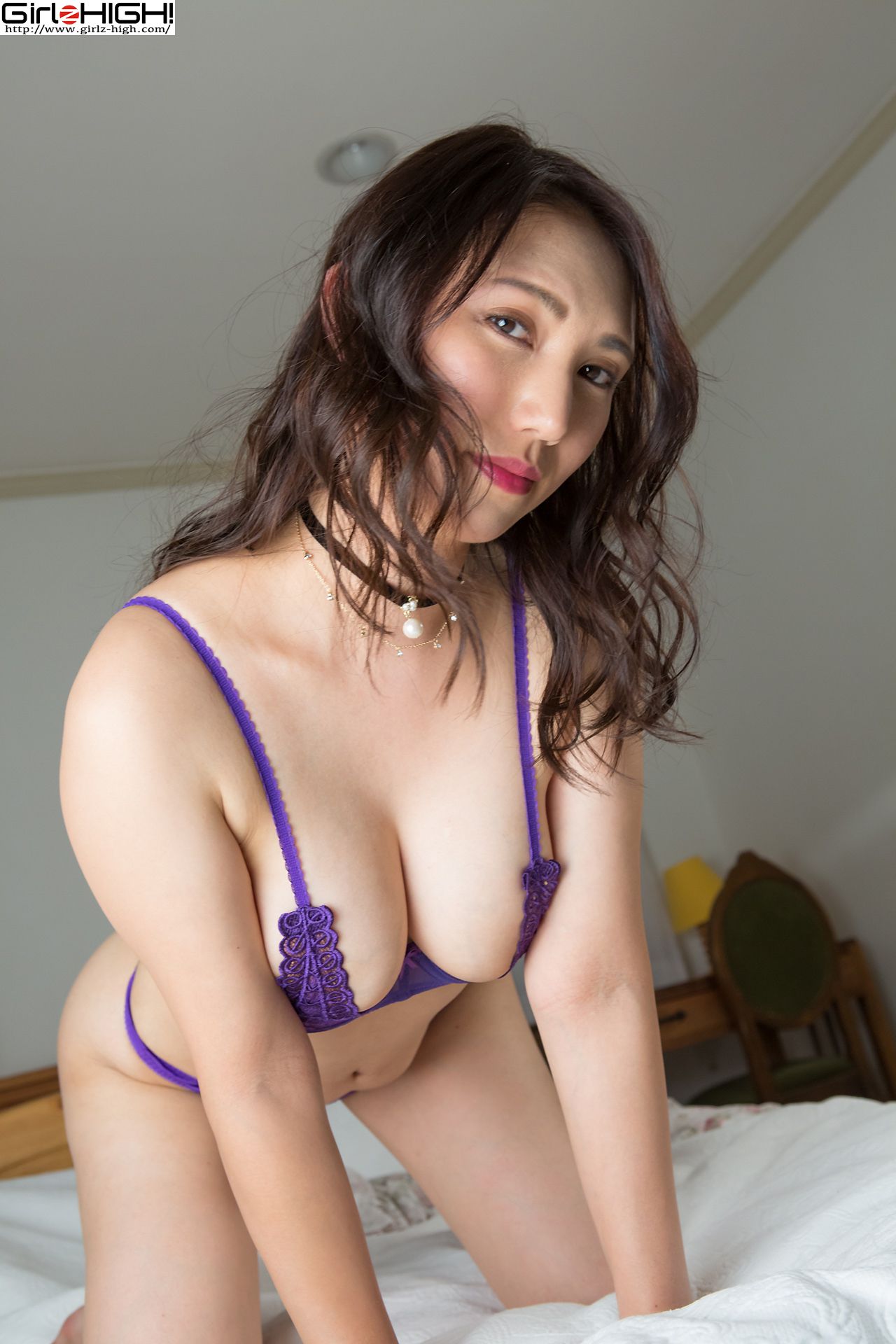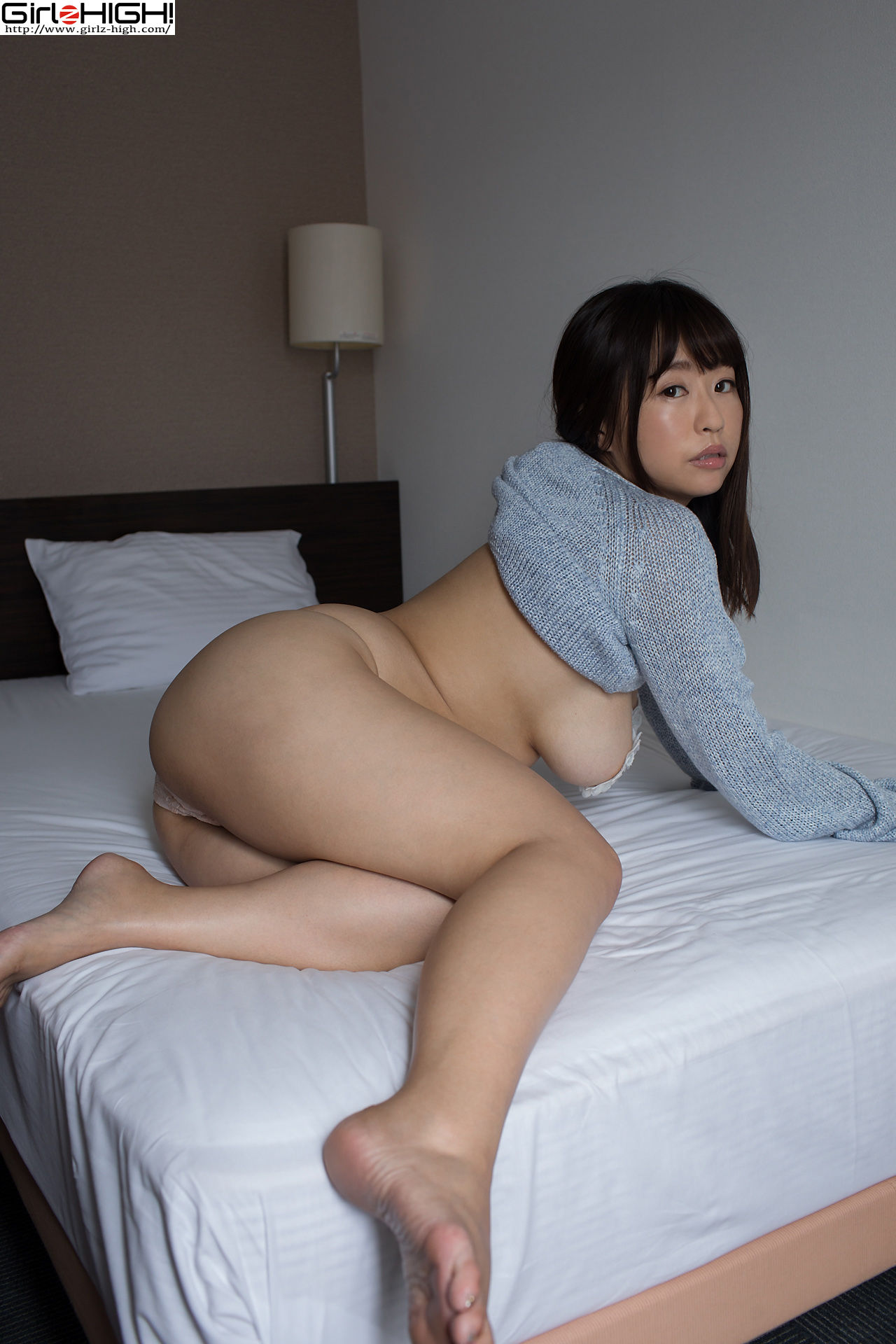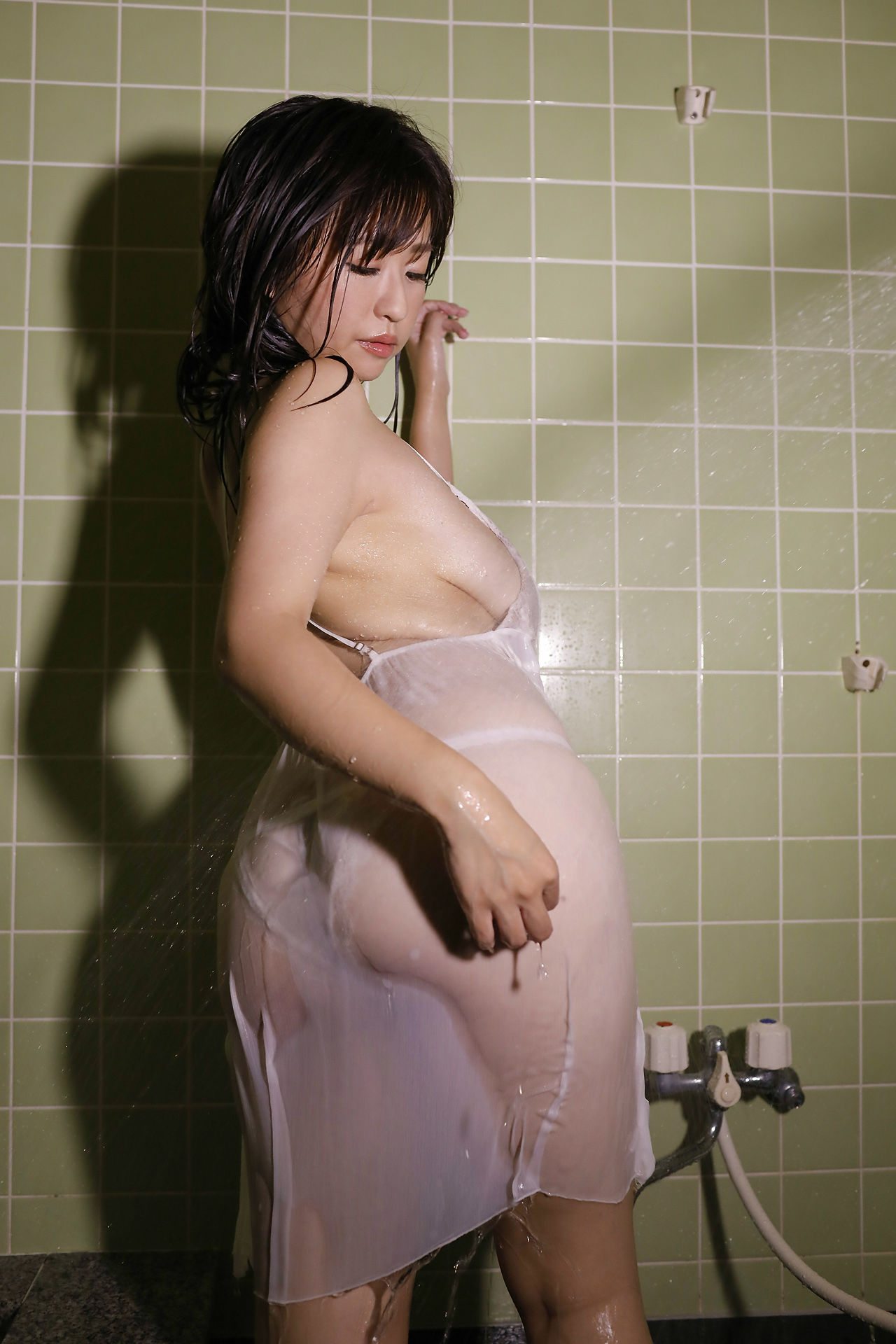Translate
2024年6月28日 星期五
North Korean Troops: Can Brown Rice and Soybean Paste Soup Win the Ukrainian War?
Rumors are rife that North Korea is sending troops directly to Ukraine. The initial plan is to send engineers, and then gradually increase the number of troops and deploy regular units. North Korea’s deployment of troops was actually negotiated when they provided weapons, and now it is officially implemented, which is beneficial for both countries. With France representing NATO directly sending troops to participate in the war, Russia’s alliance with North Korea is also a countermeasure. North Korea, with its million-strong army, can easily deploy tens of thousands of troops, and later even increase to more than 100,000. For Russia, North Korean troops can fill battlefield gaps and make up for the lack of manpower. Currently, the engineers are just the first step, similar to the reconnaissance units sent by France, all preparing for full-scale participation in the war later.
For North Korea, sending troops overseas has many benefits. Not only can it obtain scarce foreign exchange, but with its weak national strength, maintaining a million-strong army is a heavy burden. Sending troops to Ukraine can share some of the pressure on the Russian army and reduce North Korea’s burden, as the expenses of North Korean troops in Ukraine are borne by Russia. Due to long-term international sanctions, natural disasters, and food shortages, the supply level within the North Korean army is very low. The daily food supply for ordinary troops is less than 500 grams, with the most common meals being brown rice and soybean paste soup. Even a small amount of vegetables and meat is hard to guarantee. Except for the main and key units, ordinary troops suffer from long-term food shortages, leading to physical weakness, and they can’t even perform basic duties. Moreover, the North Korean economy has been on the verge of collapse due to the pandemic in recent years. Recently, North Korea provided weapons and ammunition to Russia in exchange for urgently needed food, energy, and military technology. Directly sending troops can also reduce the burden on the army, and troops can improve their combat effectiveness in a real combat environment. Therefore, from any perspective, it is beneficial for both sides.
The United States warns that North Korean troops participating in the war are nothing more than cannon fodder and cannot change the course of the war. Objectively speaking, it is better to let North Korean troops be consumed on the Ukrainian battlefield than to let them pose a constant threat on the Korean border. Although North Korean troops have a certain combat capability and strong fighting will, their combat effectiveness is very low according to the requirements of high-tech warfare. This kind of army, facing advanced Western weapons and Ukraine’s superior tactical strikes, has questionable survival ability. Even Russia, the world’s second military power, has suffered over 500,000 casualties and lost a large amount of weapons, equipment, and various supplies in more than two years of war. The Russian army, in terms of military equipment, troop training, combat effectiveness, and combat experience, far surpasses the North Korean army. Given the current state of the war, the Russian army’s combat effectiveness is still so, let alone the poorly equipped, poorly trained, primitive combat concepts, low tactical capabilities, and even underfed North Korean troops.
Although Russia still has an advantage in positional warfare with its manpower and firepower, this advantage is gradually narrowing with the lifting of Western weapon bans and the continuous influx of advanced weapons. As the Russian army is about to lose air superiority, ground offensives will become more difficult, and Russia itself will be continuously attacked. For Russia, the symbolic significance of North Korean troops is greater than their practical effect. The biggest problem for Russia is how many troops North Korea will send. Too few will be ineffective, and a large number of troops may not be realistic for North Korea, as the Korean Peninsula is still in a state of war, and it is impossible to draw a large number of troops overseas. Given the current rate of Russian troop consumption, with over a thousand troops being consumed daily, North Korea may also find it difficult to bear. Therefore, for Kim Jong-un, sending engineers is more about economic benefits than military ones.
However, it must be noted that if North Korea directly engages with Ukrainian troops, it means that North Korea, as an enemy of NATO, will also be directly attacked by the West. This would put North Korea at risk of fighting on two fronts, both on the peninsula and in Ukraine, akin to the Korean War breaking out again. The West might unite with Japan and South Korea to completely resolve the North Korean issue, posing a significant threat to Kim Jong-un’s regime.
烏克蘭戰場上的朝鮮軍隊:糙米飯大醬湯能否打贏戰爭?
朝鮮派兵直接到烏克蘭參戰的傳聞甚囂塵上,初步計畫是派出工兵,然後自然是逐漸增加兵力和派駐正規部隊,朝鮮出兵其實早在提供武器之時雙方就已經有協商,現在正式落實對兩國來講都有好處。在法國代表北約直接派部隊參戰的前提下,俄羅斯拉攏朝鮮進行對抗也是一種反制。朝鮮擁有百萬大軍出動2萬兵力不在話下,後續甚至有能力增加到超過十萬,對於俄羅斯來講朝鮮部隊能夠填補戰場空隙彌補兵力不足。目前來講的工兵只是第一步,如同法國派出的偵查部隊一樣,都是為後續全面參戰做準備。
對於朝鮮來講出兵海外好處甚多,不僅可以換取短缺的外匯,以其孱弱國力常年豢養百萬軍隊本就負擔很大,
出兵烏克蘭在分擔俄軍部份壓力的同時,對於朝鮮來講也減輕了負擔,畢竟朝鮮軍隊在烏克蘭的費用由俄羅斯承擔。況且由於常年受到國際制裁,自然災害和糧食短缺影響,朝鮮軍隊內部供給水準低下,一般部隊每天的糧食供應不到5百克,最常見的飲食無非是糙米飯和大醬湯,部隊甚至連少量的蔬菜和肉類都難以保證。除主力和重點部隊以外,一般部隊由於長期糧食供應匱乏導致士兵體力衰弱,甚至連基本的勤務都執行不了。況且幾年疫情下朝鮮經濟頻臨崩潰,最近向俄羅斯提供武器彈藥,換回了朝鮮急需的糧食,能源和軍事技術,直接出兵還可以減輕軍隊負擔,部隊可以在實戰的環境中提高戰鬥力,因此無論從任何一個方面看都對雙方有利。
美國則警告稱朝鮮軍隊參戰無非就是炮灰,根本不可能對扭轉戰局起到任何作用。客觀上說與其讓朝鮮軍隊在朝韓邊境進行常年威脅,還不如讓其進入烏克蘭戰場被消耗。雖說朝鮮軍隊有一定戰鬥力作戰意志頑強,但按照高科技戰爭的要求來說戰鬥力非常低下,這種軍隊在面對歐美的先進武器和烏克蘭的優勢戰術打擊下,究竟能有多少生存能力值得懷疑。即便是作為世界第二軍事強權的俄羅斯,戰爭進行了兩年多已經造成50多萬部隊傷亡,並且損失了大量的武器裝備和各類物資。俄軍無論從軍事裝備,部隊訓練,作戰效能和戰鬥經驗等無論哪一方都遠超朝鮮軍隊,戰爭發展到現在俄軍戰鬥力尚且如此,更何況是裝備低劣,訓練落後,作戰觀念原始,戰術能力低下,甚至連飯都吃不飽的朝鮮部隊。
雖然俄羅斯現在利用兵力和火力優勢,打陣地戰相對來講仍然還有優勢,但是隨著西方武器的解禁和先進武器的不斷進入,這種優勢的差距正在逐漸縮小,而且隨著俄軍即將喪失空優,地面進攻將會變得更加艱難,而且俄羅斯本土也會受到不斷攻擊,朝鮮出兵對俄羅斯來講象徵意義大於實際作用。對於俄羅斯來講最大問題是朝鮮出兵多少,數量太少根本起不了作用,大量出兵對於朝鮮來講也未必現實,畢竟朝韓對峙仍處於戰爭狀態,不可能將國內兵力大量抽調海外。按照俄軍現在經常性每天被滅一個多團,過千兵力被消耗的速度恐怕對於朝鮮也難於承受。所以,目前出動工兵對於金正恩來講也是經濟利益大於軍事。
必須關注的是如果朝鮮直接與烏克蘭軍隊開戰,意味著朝鮮作為北約的敵人,本土也將受到西方的直接打擊。如此朝鮮在半島和烏克蘭有面臨兩面作戰的危險,如此等同韓戰再次爆發,西方有可能聯合日韓徹底解決朝鮮問題,如此對於金正恩的統治有相當威胁,最起碼針對性的斬首行動難以避免。
京劇四大鬚生哪位文革中死得最倒霉
上個世紀30年代,著名鬚生余叔岩、高慶奎、馬連良、言菊朋各自創立了獨具風格的藝術流派,被稱為「四大鬚生」。其後,高慶奎因為嗓疾而漸退舞臺,余叔岩和言菊朋於40年代先後去世,「四大鬚生」的提法隨即有所變化。一種說法是馬連良、譚富英、楊寶森、奚嘯伯,一種說法是馬連良、譚富英、楊寶森、周信芳。他們各具特色的表演,為他們贏得了無數讚譽。隨著1949年建政,馬連良、譚富英、楊寶森、奚嘯伯、周信芳的命運也隨之起伏。其中比較「幸運」的是楊寶森,他於1958年病逝,沒有經歷文革的慘烈,而其他幾位或含冤被迫害致死,或身心受到傷害。
1965年,在毛澤東的授意下,江青等人在文藝界、史學界掀起了批判《海瑞罷官》的運動,這成為毛髮動文革的導火線。曾主演京劇《海瑞罷官》的馬連良也受牽連,被江青趕出了北京京劇團。文革爆發後不久,馬連良被打成「漢奸」、「戲霸」,還被抄了家,古董、文物和有價值物品全被洗劫一空。之後,他被關押在北京中和劇院休息廳用景片隔成的小屋內,並時常被揪出批鬥。據其弟子回憶,馬連良在被隔離期間,一天,一個十六七歲的女「紅衛兵」手執鞭子,闖進所謂「黑屋」,命令裡面的所有人都跪下,讓他們逐個「交代」每人掙多少錢,馬先生自然也不例外。在「交代」後,「紅衛兵」又大聲斥責:「你們掙得太多了,每人每月只發給十二元生活費。」還有一次,開會批鬥所謂的「走資派」,馬連良被強迫陪鬥,其衰弱之狀讓人心痛。
淩辱和恐嚇將馬連良嚇的人體浮腫、不能進食。1966年12月的一天,馬連良在買完飯後摔了一跤,16日即含冤去世,時年66歲。他留下的最後一句話是:「我至今不明白,我怎麼了?我為什麼這樣了?不明白!」此時在上海擔任京劇院院長、中國戲劇家協會副主席的周信芳的命運也同樣令人扼腕。1965年,為了抵制江青,周信芳曾在上海京劇院黨總支會議上批評江青讓劇團停止演出,單打一地排「樣板戲」,耗資人民幣幾十萬,指責這是「勞民傷財」、「耽誤演員的青春」。不久,上海《文匯報》開始連篇累牘批判周信芳上演的《海瑞上疏》,上綱上線為「反黨、反社會主義」。文革爆發後,周信芳與兒子周少麟就被扣押在京劇院交待問題。紅衛兵則直衝周宅,用磚頭石塊砸家養的警犬,用軍用的皮帶抽打其兒媳敏禎,揪住孫女玫玫要給她剪牛鬼頭示眾。敏禎被打昏,玫玫被嚇瘋。
據《周信芳傳》記載,1967年初,周信芳被押在高架電線修理車上遊街示眾。他被反剪雙臂掛牌示眾,「鼻孔裡,嘴角上,都流著血,頭髮被緊緊揪住,臉青一塊紫一塊的。」周夫人裘麗琳則被造反派抓去打得皮開肉綻,最終臥床不起。1968年,張春橋親自批捕了周信芳。接著,又抄周家,並拘捕了周少麟。1969年周氏父子獲釋,但周夫人已被迫害致死,夫妻、母子沒能見上最後一面。1970年,周少麟因說了江青就是電影演員藍蘋這樣一句話,就被判5年徒刑,解往安徽勞改營。1974年,周信芳被正式戴上「反革命」帽子,交群眾監督。1975年3月8日,周信芳含冤去世,終年80歲。
而身在石家莊京劇團的奚嘯伯在文革時也被扣上了「反動藝術權威」和「歷史反革命」的帽子。他除了接受各式各樣的批鬥和體罰以外,還要掃地、生火、篩爐灰、撿煤渣。每月發50元的生活費,後來被降到15元。生活水準的驟降,精神壓力陡升,使他幾乎垮掉,並患上了急性肺炎,後來還因為中風偏癱。1976年5月,奚嘯伯對前來探望自己的弟子歐陽中石說:「我和比較接近的人都打了招呼,說:『你們別顧我,我老右派反正跑不了,你們都拉家帶口。頂不住,有什麼事兒便往我身上推就行了。』可就是這樣也難過關。他們(造反派)問我什麼,我都承認,按照他們的意思去承認。可是我說的,還是跟人家說的對不上茬兒。所以,他們說我還是不老實。」
1977年12月10日,奚嘯伯悄然去世,死時,沒有積蓄,也無家產。他只給兒子留下了一條破毛毯,一個樟木箱和未了的心願。另一位在北京京劇團擔任副團長的譚富英一直心向中共,於1959年成為中共黨員。令人頗有微詞的是,在文革批判一些同行時他不吝言辭,失去了傳統做人的忠恕標準。其後,他被江青等人勒令退黨,遭受了一些迫害。1977年,譚富英病故。一代著名鬚生就這樣結束了他們的藝術生命。
2024年6月27日 星期四
2024年6月26日 星期三
Putin’s Red Carpet Dilemma: From Vietnam’s Cold Shoulder to North Korea’s Hot Ammo
Putin’s visit to Vietnam yielded no results. As he
left, he helplessly remarked, “Everything depends on ourselves.” Despite the
close relationship between the two countries since the 1950s, Vietnam’s current
pro-Western policies make them cautious about Russia’s cooperation proposals.
The visit was mainly based on party relations, and military cooperation similar
to that with North Korea is unlikely. Unlike North Korea and Iran, which are
isolated countries, Vietnam sees greater benefits in cooperating with the West.
Moreover, Vietnam’s ruling party is relatively stable, and supporting Putin
risks offending the West. Additionally, Putin’s nuclear cooperation proposal is
sensitive, forcing the Vietnamese government to consider the attitudes of
neighboring countries. With no valuable bargaining chips, Vietnam’s reception
of Putin was lukewarm despite the red carpet.
Although North Korea and Russia signed a strategic
partnership, both leaders were indifferent during their talks. North Korea
provided nearly 6 million rounds of ammunition, including missiles, rockets,
and various artillery shells, to Russia. With a daily consumption of at least
30,000 rounds, this supply can barely last six months, which was the basis for
Russia’s counteroffensive months ago when Ukraine faced a shortage of
ammunition due to a U.S. supply cut. After months of consumption, the ammunition
is running out, necessitating further discussions with North Korea. Russia’s
biggest ally, needing to avoid Western sanctions, must also transfer some aid
to North Korea. When Kim Jong-un first visited Russia, Putin showed little
respect, and no substantial agreements were signed, with the large North Korean
delegation housed in university dormitories.
Post-Cold War, the relationship between the two
countries stagnated. Although Russia was part of the “Six-Party Talks,” it
lacked interest in cooperation with North Korea and played no significant role.
Despite a decades-long honeymoon period after the Korean War, mainly due to
geopolitical influences, the Soviet Union adopted a one-sided aid policy
towards North Korea. After the Cold War, relations cooled. North Korea, always
in a state of war, never stopped producing ammunition, maintaining ample stockpiles.
Given the massive ammunition consumption on the Russia-Ukraine battlefield,
North Korean ammunition, though old and of poor quality, with much of it
decades-old and poorly managed, can still provide emergency support to Russia.
It is ironic that a former world military power is now seeking ammunition aid
from North Korea, whose military industry was established by the Soviet Union.
For Putin, having to flatter Kim Jong-un is hard to accept, especially since
Kim knows he has always been looked down upon by Russia. However, both sides
have to comply due to their respective needs.
As a result, South Korea has opened up its weapons
usage rights to Ukraine. South Korean weapons are essentially platforms for
Western military technology, making them Korean versions of Western weapons.
South Korea’s military industry has continued to produce weapons efficiently,
with high capacity and advanced performance, making them popular
internationally. The production system seamlessly integrates with the West. As
the war progresses, weapons from South Korea and Turkey are developing rapidly.
The so-called opening to Ukraine is merely a statement, as South Korean weapons
have long been entering the Ukrainian battlefield through NATO. Whether North
Korea and Russia form an alliance is irrelevant.
The only country that can meet Russia’s military aid
needs is Putin’s biggest supporter and ally, the U.S.'s so-called competitor.
This country can produce all the military and civilian supplies and equipment
needed for a medium-scale war, with enormous production capacity. If their
cooperation develops into an alliance, with direct military aid and even troop
deployment, the situation in the Russia-Ukraine war would fundamentally change.
Therefore, for Western countries, controlling this competitor’s full alignment
with Russia is crucial. It is now a consensus that Russia will inevitably be
defeated in the long run. The two most important uncertainties in the future
development of the Russia-Ukraine war are whether Putin will use nuclear
weapons and whether the ally will directly intervene. Currently, the likelihood
of Russia using nuclear weapons immediately is low, and it is difficult to
judge whether the ally will gradually send troops like NATO, as decisions in
authoritarian countries depend on personal will rather than logical and
rational interests.
普京外交紅地毯的困境:從越南的冷屁股到朝鮮的熱彈藥
普京到訪越南一無所獲,臨走時無奈地說了一句,“一切都要靠自己”,雖然兩國自50年代開始就關係密切,無奈現今越南政策親西方,對於俄羅斯提出的合作要求態度謹慎。越南的訪問主要還是基於政黨關係,軍事上兩國不可能有類似朝鮮一般的合作。越南不同於朝鮮和伊朗本身就是被孤立的國家,況且對於越南來講與西方合作利益更大,而且越南執政黨地位相對鞏固,反而支持普京要冒得罪西方的危險。況且普京提出的核合作相對敏感,越南政府不得不考慮鄰國的態度,而且作為普京真正能拿出的有價值的籌碼幾乎沒有,因此越南對於普京的到訪雖然鋪了紅地毯但相對冷淡。
朝鮮雖然和俄羅斯簽署了戰略夥伴關係,其實在雙方具體會談時兩國領導人都心不在焉,朝鮮提供了將近6百萬發包括導彈,火箭彈,各型火炮在內的彈藥給俄羅斯,以現在每天至少3萬發的消耗量,勉強可以支援半年,這也是數月前俄軍反攻的前提,當時烏克蘭受到美國斷供缺乏彈藥,俄羅斯取得了一定程度的戰場優勢。經過數月的消耗彈藥將盡,因此必須與朝鮮商討後續供應的問題。還有就是俄羅斯最大盟友,鑒於避開西方制裁的需要,必須將部份援助轉介朝鮮。金三胖上臺後最初的外訪就是俄羅斯,當時普京對他根本不屑一顧,兩國並未簽署任何實質上的協議,甚至將龐大的朝鮮代表團安排居住在大學宿舍裡。
冷戰後兩國的關係基本上出於停滯狀態,雖然俄羅斯也算是“六方會談”的一份子,但實際上對於朝鮮的合作缺乏興趣,也未發揮實際作用。韓戰後兩國雖然有長達數十年的蜜月期,但主要是基於地緣政治的影響,蘇聯對朝鮮採取一面倒的援助政策。冷戰結束後兩國關係趨於平淡。朝鮮因為一直處於戰爭狀態,所以從未停止過彈藥生產庫存充裕,鑒於俄烏戰場天量的彈藥消耗,朝鮮彈藥雖然老舊品質差,相當部份是庫存幾十年,缺乏管理處於廢棄淘汰狀態,但在數量上還是能給俄國應急。作為曾經的世界第二軍事強國,居然向朝鮮祈求彈藥援助也算是諷刺,朝鮮的軍工產業就是蘇聯建立的。對於普總來講還要對金三胖極盡奉承真是難以接受,況且金三胖也知道對方向來輕視自己,但出於各自所需也只能就範。
最後導致的結果就是韓國因此開放了武器使用權給烏克蘭。韓國武器其實就是一個載體,搭載的全部都是歐美軍事技術,實際上就是西方武器的韓國版而已,因此韓國軍工業簡而言之就是將國外先進武器,模組化到自己組建生產的武器平臺上。開戰至今韓國一躍成為世界軍工第四出口國,除以上特色外韓國由於常年處於戰爭威脅下,軍工生產一直沒有隨著冷戰的結束而停滯,庫存彈藥充足可以滿足西方需要,韓國軍工武器生產效率高,產能大,性能先進,品質也不錯,而且還能隨著出口提供技術轉讓,因此在國際上廣受歡迎。而且軍工生產體系可以無縫接軌西方,隨著戰爭的深入韓國和土耳其生產的武器,開始全面發展取得長足進步。現在所謂對烏克蘭開放無非就是表態而已,其實韓國武器早就通過北約進入烏克蘭戰場,朝鮮和俄羅斯是否結盟無關緊要。
俄羅斯真正需要的軍事援助只有一國可以滿足,就是普京最大的支持者和盟友,美國所謂的競爭對手,該國可以生產維持一場中等規模戰爭,所需要的全部軍民用物資和裝備,而且產能巨大供應無限,而且本身還是核武國家並擁有世界規模最大的武裝力量和戰爭動員能力。如果兩國的合作能夠發展成當年的結盟關係,盟友能夠直接輸出軍備,甚至出動軍隊和裝備參戰,俄烏戰爭的情勢將發生根本性的改變。因此對於西方國家來講如何控制競爭對手不全面導向俄羅斯是問題的關鍵。現在俄羅斯長遠來講必然戰敗已經成為共識,到了最後臨界點普京是否動用核武和爭取到盟友直接參戰,這是俄烏戰爭未來發展兩個最重要的不確定點。從目前來講長期消耗下俄國立刻動用核武的可能性不大,盟友是否會類似北約一般逐漸派兵參戰難於判斷,因為集權國家的決策取決於個人意志,而非利益邏輯和理智。
